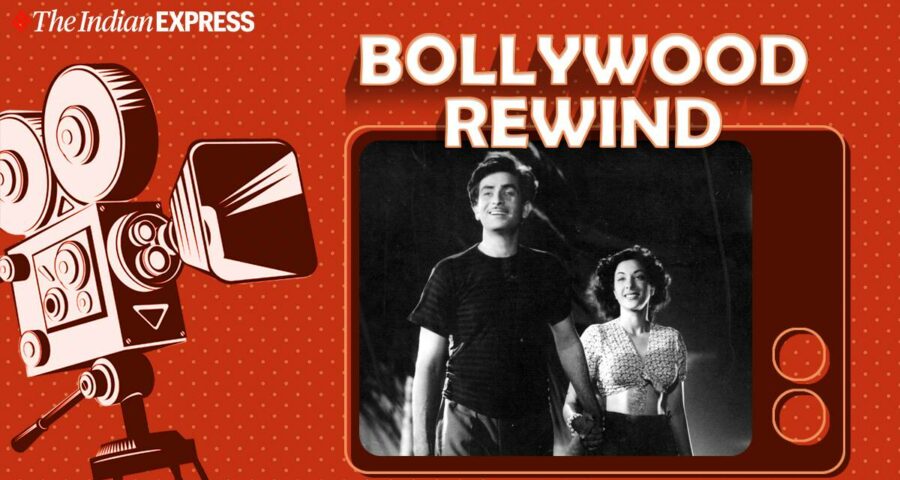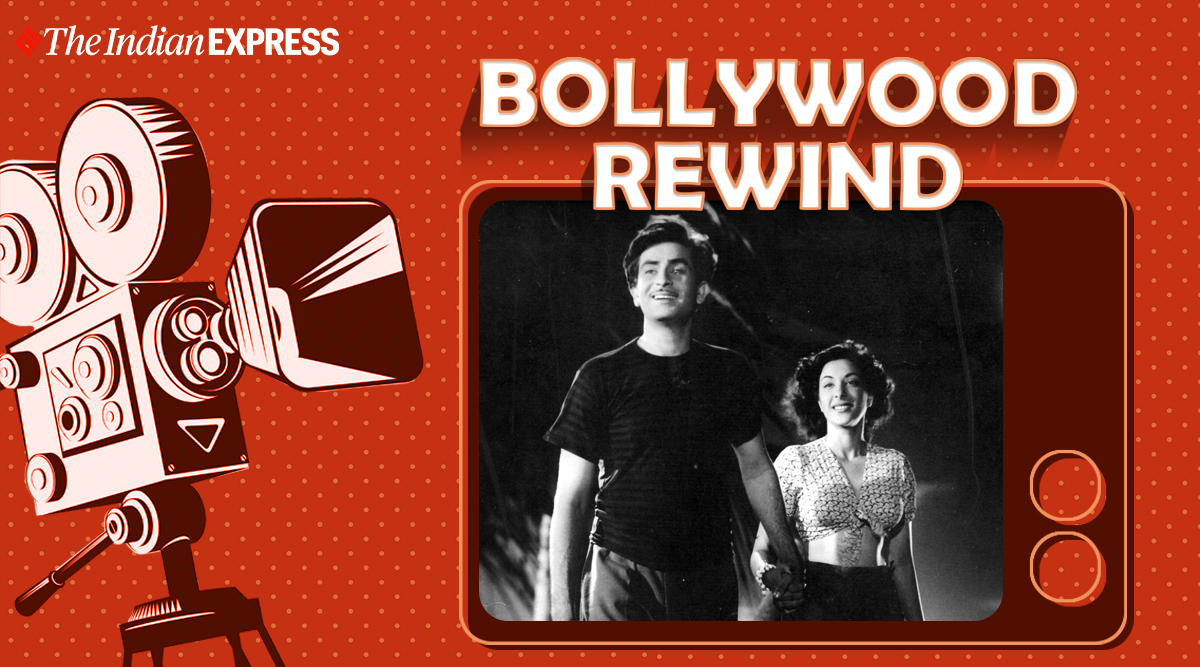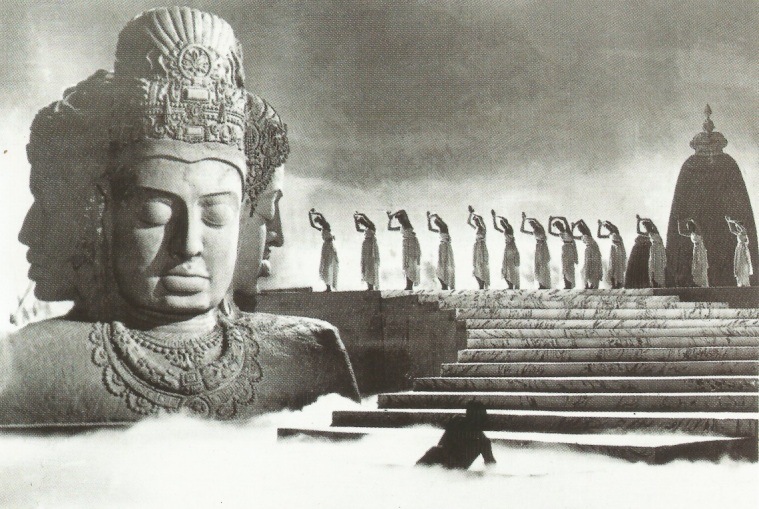Starring Raj Kapoor, Nargis and Prithviraj, Awara is set in an era where climbing out of the vicious cycle of poverty was near impossible, and strangely enough, times haven't changed much in the last 70 years.
In this weekly column, we revisit gems from the golden years of Hindi cinema. This week, we revisit Raj Kapoor’s 1951 film Awara.
Awara is the story of a man who comes from the other side of the tracks but unbeknownst to him, has been the subject of a cruel experiment of nature vs nurture right from his birth. Raj, played by Raj Kapoor, has grown up in the bylanes of Mumbai and has accepted his awara lifestyle as the only way to live. When he sings “Gharbaar nahi sansar nahi, mujhse kisi ko pyaar nahi” in the song “Awara Hoon”, he is not seeking sympathy, but in fact, has made peace with whatever little he has in life.
Unlike many around him, who steal and con to earn money, Raj has a conscience that is buried deep under the scars of survival that took him from jail to jail all through his teens. The conscience rises up when he meets his childhood friend-turned-love interest Rita, played by Nargis, and realises that all is not lost yet. The struggle of good vs evil within him makes for the protagonist’s struggle here.
The central conflict of Awara is that of nature vs nurture. Raj’s biological father, Judge Raghunath, played by his real-life father Prithviraj, separated from his wife during her pregnancy as he was made to believe that the child might not be his. This scars his ego deeply as he believes that a man’s life is dictated by his lineage. Since there is no way to get rid of his doubt, he decides to throw out his wife and she ends up giving birth to his baby on the streets, literally.
Raj doesn’t know much about his father. His mother has told him that he was a good man and wants him to be a respected man as well, but the system has left him with no other option but to steal and con his way through life. Stuck in the cycle of poverty, he is rebuked for being an awara even when he decides to walk the path of honesty. At one point, Raj even questions his employer that if he is never given a chance to earn an honest living, how will he ever become a man who can live an honest life? India was a fairly young country when Awara released in 1951 and the film tells the story which is quite in sync with the times, given the economic condition of the country.
It is Rita’s presence, even as a photograph that reminds Raj of the sincere person he was as a child. Which is why it is necessary to examine how she is portrayed through the film. While her character is shown as an independent woman, it’s her portrayal within her romantic relationship that seems a bit jarring.
In a significant scene in the film, Raj slaps Rita across the face as she calls him ‘junglee’. While she says it playfully, he takes it personally and is violently disturbed by it. It is evident that Raj is a scarred man who has never learned to cope with his insecurities but the way he treats Rita feels unjust. But it is Rita’s reaction to this situation that makes the scene even more uncomfortable. She bows down and surrenders.
The role of a woman in this society was clearly not equal to that of a man. We can’t confidently vouch for this in 2021, so there is no point in challenging this in the early 1950s. For the filmmaker, he has designed Rita as the woman who is confident, can take on the world, is a well-educated lawyer but, will bow down to her man when needed. Nargis has the kind of screen presence in this film that’s impossible to ignore. Her chemistry with Raj is palpable and their love story is the kind that just has you rooting for them instantly, until the aforementioned scene, and from then on, you start questioning Rita’s conditioning in this society that has placed her beneath a man and has compelled her to take on a role where she will never be respected the way she deserves.
Awara was a milestone film in Raj Kapoor’s career. The film was celebrated for its music by Shankar Jaikishan and lyrics by Shailendra and Hasrat Jaipuri. The dream sequence song “Ghar Aaya Mera Pardesi”, the first ever in Hindi cinema, will still leave you in awe for its imaginative execution. It is said that Raj Kapoor’s character here was an ode to Charlie Chaplin but revisiting the film now, you realise that even though there are a few similarities, the filmmaker deserves credit for creating an original character that is deeply embedded in the local milieu.
Awara is set in an era where climbing out of the vicious cycle of poverty was near impossible, and strangely enough, times haven’t changed much in the last 70 years.
Bollywood Rewind | Sharada | Do Aankhen Barah Haath | Bandini | Sahib Bibi Aur Ghulam
Awara is streaming on ShemarooMe.
Source: Read Full Article



